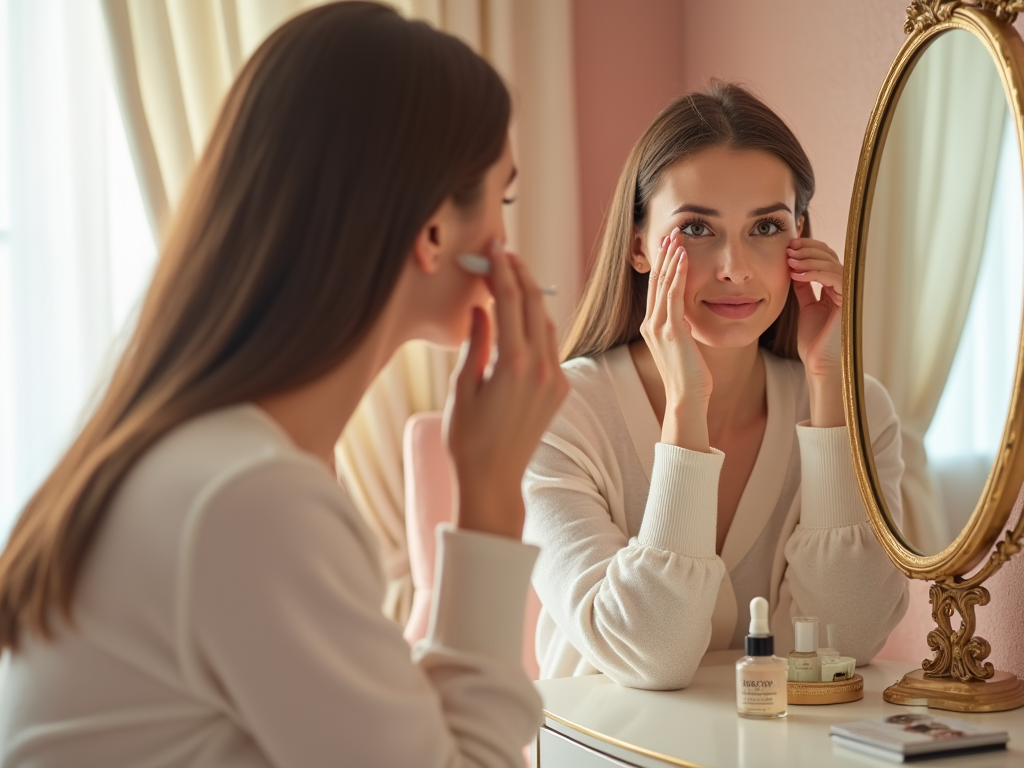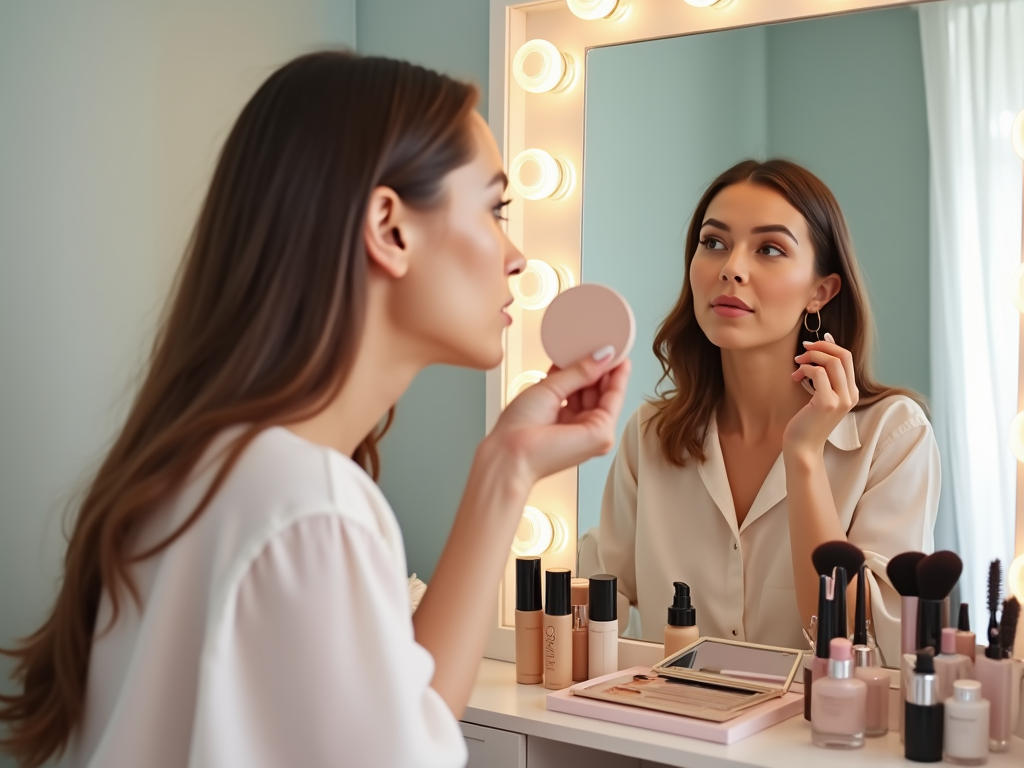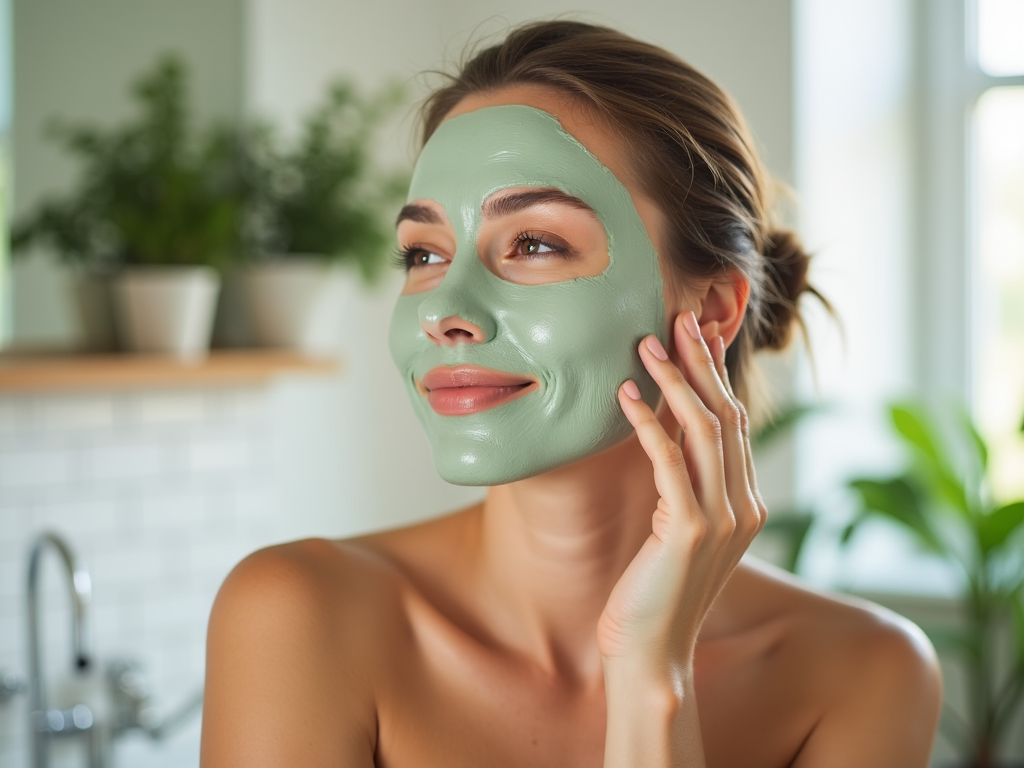
Face Mask Before Or After Shower? The Right Time To Apply It
Face masks have become indispensable in modern skincare routines, gaining popularity due to their targeted benefits and ability to transform the skin. While many people incorporate them into their regimen, the timing of application can significantly influence their efficacy. Should you indulge in a replenishing facial mask before your shower, or should you wait until after? By understanding the nuances of when to apply these cosmetic wonders, you can optimize their effects and enhance your skincare experience.
Choosing the right time to apply a face mask hinges on various factors, including personal skin type, the specific benefits you seek, and the type of mask you’re using. With a plethora of options available, it becomes essential to unravel the best practices surrounding this integral part of skincare. This article will delve deep into the debate of applying a face mask before or after your shower, uncovering the unique advantages and ideal mask types for each routine to help you achieve your skin’s full potential.
Benefits of Using Face Masks
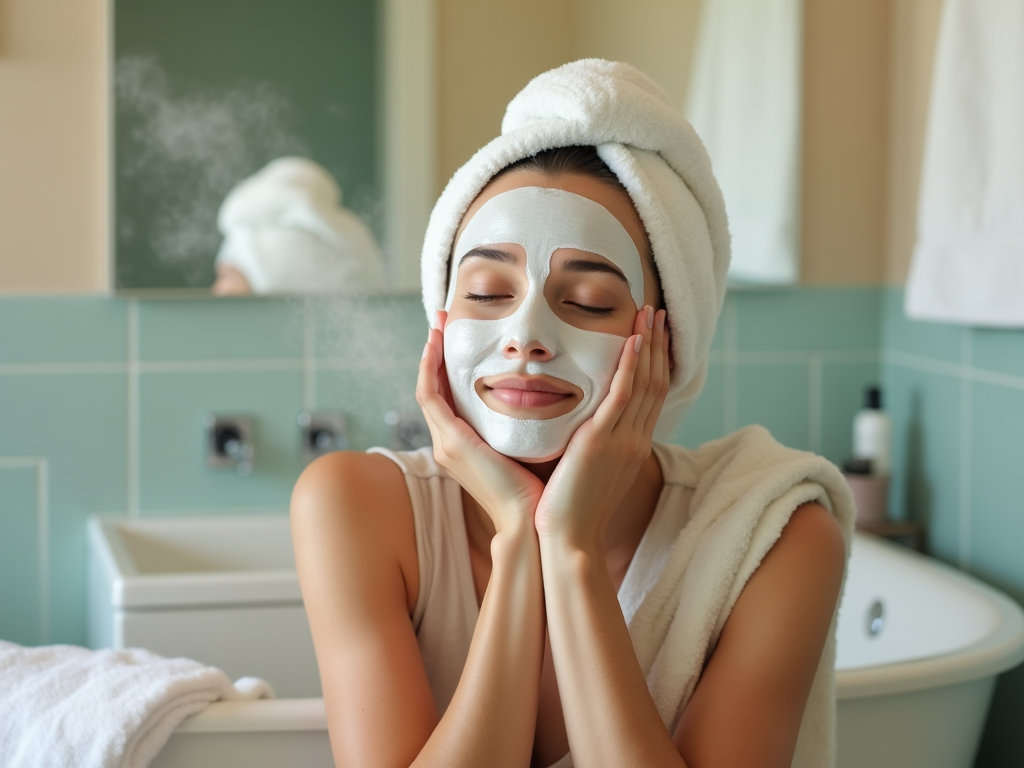
In the realm of skincare, face masks offer a multitude of advantages that cater to various skin concerns. Incorporating them into your beauty regimen can lead to significant improvements in your skin’s appearance and health. Some benefits of using face masks include:
- Deep Cleansing: Many masks are designed to extract impurities, unclog pores, and cleanse the skin deeply.
- Hydration: Hydrating masks can help restore moisture levels, making the skin look plump and youthful.
- Targeted Treatment: Formulations can address specific issues, such as acne, dry patches, or aging symptoms.
- Relaxation: Taking time to apply a mask can serve as a soothing ritual that promotes mental well-being.
Face Mask Before Shower
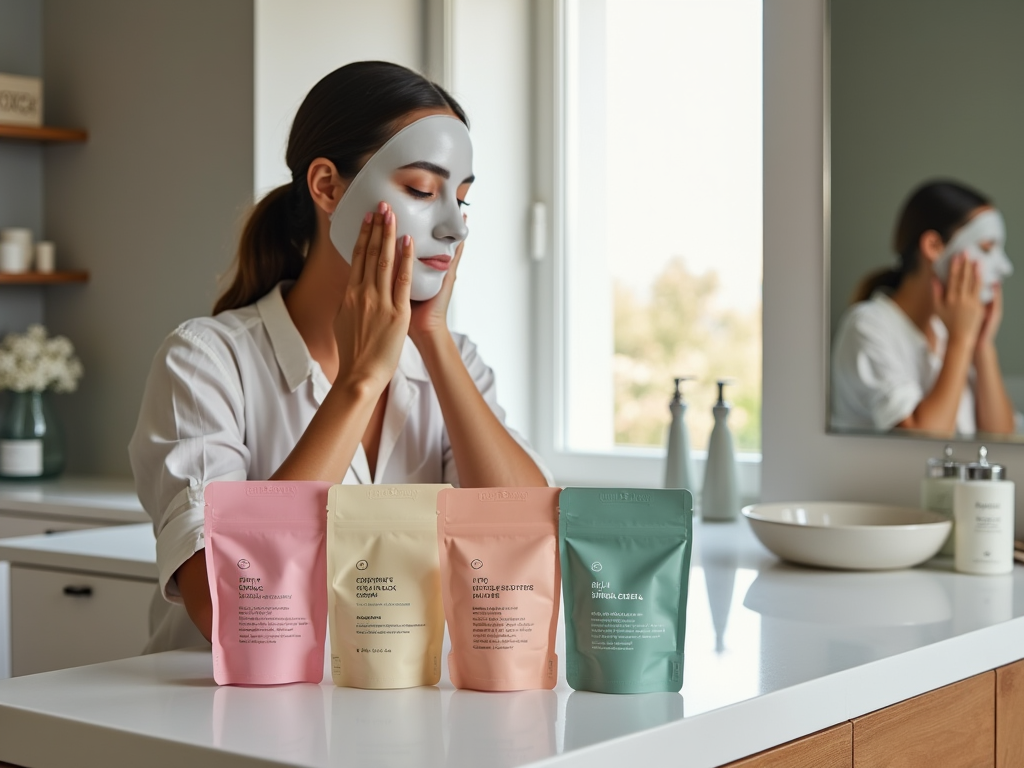
Applying a face mask before showering can be a game-changer, especially when considering how the steam from the shower can help open up your pores. This helps the ingredients in your mask penetrate deeper, allowing for enhanced results. The steam opens the pores, and the mask can work its magic by absorbing dirt, oils, and impurities that accumulate during the day.
Advantages of Applying a Face Mask Before Showering
One significant advantage of pre-shower mask use is that it creates a harmonious synergy between skincare and bathing routines. The warmth and moisture in your bathroom can magnify the benefits of the ingredients, especially if you’re using a nourishing or exfoliating mask. Additionally, when you rinse off the mask, you can wash away any residue and impurities trapped by the mask, leading to refreshed and clean skin.
Recommended Types of Masks for Pre-Shower Use
When selecting a mask to use before your shower, consider the following types that work particularly well in this setting:
- Clay Masks: Ideal for oily and combination skin, these effectively absorb excess oil and detoxify.
- Exfoliating Masks: Gentle exfoliants can leave your skin smooth and primed for additional treatment.
- Wash-Off Masks: These can easily be applied and rinsed off during your shower, integrating seamlessly into your routine.
Face Mask After Shower
On the flip side, applying a mask after your shower also offers a unique set of advantages. Showering opens your pores, allowing mask ingredients to penetrate more effectively and deliver their hydration and nutrients to your skin. Furthermore, your skin is softened and more receptive to treatment while still damp, making post-shower mask application a popular choice.
Advantages of Applying a Face Mask After Showering
Post-shower, you may notice an improvement in your skin’s texture and moisture retention because of the warm water’s effects. The act of applying a mask on freshly cleansed skin can enhance the absorption of active ingredients. Moreover, applying a soothing mask afterward can help calm any potential irritation from your cleansing routine.
Recommended Types of Masks for Post-Shower Use
To optimize your post-shower skincare routine, consider using the following types of masks:
- Sheet Masks: These are saturated with serums and are perfect for delivering hydration to freshly cleaned skin.
- Cream Masks: Rich, creamy formulations penetrate deeply to moisturize and nourish.
- Soothing Masks: Great for calming any redness or irritation caused by washing your face.
Factors to Consider When Choosing the Right Time
When determining the best time to apply a face mask, consider your unique skin type and specific needs. For example, those with oily or acne-prone skin might benefit more from a mask applied before the shower, as it helps expel excess oil. However, dry or sensitive skin types may find that they absorb ingredients better when applied post-shower, when their skin is suitably hydrated and open to nourishment.
| Skin Type | Best Time for Mask | Recommended Mask Type |
|---|---|---|
| Oily Skin | Before Shower | Clay Masks |
| Dry Skin | After Shower | Cream Masks |
| Sensitive Skin | After Shower | Soothing Masks |
| Combination Skin | Before or After Shower | Exfoliating or Hydrating Masks |
Conclusion
In the grand debate of whether to apply a face mask before or after your shower, there is no one-size-fits-all answer. The best timing depends on your skin type, the specific mask’s purpose, and your personal preference. Pre-shower applications can offer deep cleaning and preparation, while post-shower masks excel at hydration and nourishment. By understanding the unique advantages and suitable masks for each application time, you can tailor your skincare routine to achieve optimal results for your skin.
Frequently Asked Questions
- Can I use a face mask every day? Yes, depending on the type of mask and your skin type, some masks can be used daily while others are recommended for weekly use.
- What is the best mask for oily skin? Clay masks are typically recommended for oily skin as they help control excess oil and prevent clogged pores.
- Should I exfoliate before applying a face mask? Yes, exfoliating beforehand can enhance effectiveness by removing dead skin cells and allowing for better absorption.
- Can I leave a mask on overnight? It depends on the type; some masks are designed for overnight use, while others may cause irritation if left on too long.
- What if I have sensitive skin? Look for masks specifically formulated for sensitive skin, and consider testing a small area to ensure there’s no adverse reaction.
